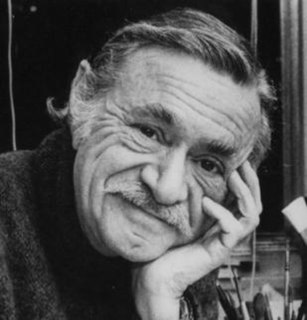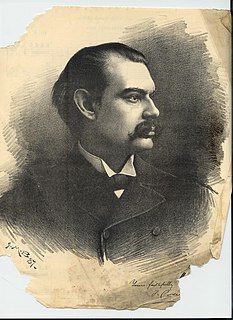A Quote by Sefi Atta
I don't remember being a keen reader, but apparently I was. My aunt told me that whenever I was teased for reading, I would say, "To each his own."
Related Quotes
I'm often in conversations with people who have learning disabilities, and they talk about how they were teased and perhaps laughed at sometimes as children. That was never the case with me. Maybe it was something about my personality, my temperament, but I don't ever remember being teased. I remember the awkwardness of leaving class to go to a special class, but that's all.
Up until then, whenever anyone had mentioned the possibility of making a film adaptation, my answer had always been, ‘No, I’m not interested.’ I believe that each reader creates his own film inside his head, gives faces to the characters, constructs every scene, hears the voices, smells the smells. And that is why, whenever a reader goes to see a film based on a novel that he likes, he leaves feeling disappointed, saying: ‘the book is so much better than the film.
To me, one of the greatest triumphs in doing a book is to tell the story as simply as possible. My aim is to imply rather than to overstate. Whenever the reader participates with his own interpretation, I feel that the book is much more successful. I write with the premise that less is more. Writing is not difficult to me. I read into a tape recorder, constantly dropping a word here and there from my manuscript until I get a minimum amount of words to say exactly what I want to say. Each time I drop a word or two, it brings me a sense of victory!
I want each poem to be ambiguous enough that its meaning can shift, depending on the reader's own frame of reference, and depending on the reader's mood. That's why negative capability matters; if the poet stops short of fully controlling each poem's meaning, the reader can make the poem his or her own.
I was always a slow reader, from the very beginning. I remember in first grade our teacher divided us into groups, and I was definitely in the slow group. She didn't call it that, but everybody in the class knew. But I still loved reading. Being a slow reader affected my grades in school, but it didn't affect my love for reading. I still loved going to the library, and I still loved reading books.
I went through elementary school being bullied and teased. I remember someone - I can't recall his name, but I can see his face - who decided on the school bus, when I was ten or eleven, to call me "Percy." That was somehow supposed to connect to the fact that I wasn't very athletic. I was, in fact, also not very coordinated. I was not very masculine, by the standards of ten-year-olds. I remember being on the school bus and everyone chanting, "Percy! Percy! Percy!" at me.
I wanted to do something different. Therefore, the first person I thought would have been too exclusionary. It would have said me, me, me, me, me. I, I, I, I, I. As if I were pushing away my experiences from the experiences of others. Because basically what I was trying to do was show our commonality. I mean to say, in the very ordinariness of what I recount I think perhaps the reader will find resonances with his or her own life.
It is excellent discipline for an author to feel that he must say all he has to say in the fewest possible words, or his reader is sure to skip them; and in the plainest possible words, or his reader will certainly misunderstand them. Generally, also, a downright fact may be told in a plain way; and we want downright facts at present more than anything else.
If the reader were so rash as to purchase any of Bela Bartok's compositions, he would find that they each and all consist of unmeaning bunches of notes, apparently representing the composer promenading the keyboard in his boots. Some can be played better with the elbows, others with the flat of the hand. None require fingers to perform or ears to listen too.






































